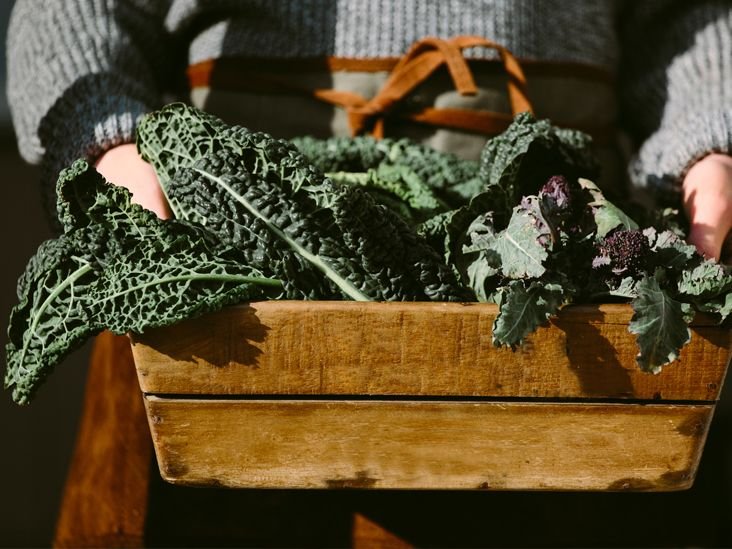Vitamin K is essential for blood clotting and healthy bones. Found in leafy greens, vegetable oils, and broccoli.
Vitamin K is an essential nutrient that plays an important role in blood clotting, wound healing, and bone health. People who lack vitamin K in their bodies have a higher risk of bleeding and bone fractures.
Although the body can produce small amounts of vitamin K, it is important to get vitamin K from other sources as well.
This article details the importance of vitamin K, what happens when you’re deficient, and possible options to get what you need.
Vitamin K is a group of vitamins that share a similar chemical structure. Vitamin K comes in two different forms.
Vitamin K1, the main dietary form of vitamin K, is also known as phylloquinone. Found in plant foods such as leafy vegetables. Vitamin K2 (also called menaquinone) is found in some animal foods and fermented foods. Gut bacteria also produce it.
The body absorbs vitamins K1 and K2 at different rates, which can affect the health benefits each provides.
Another important thing to note is that vitamin K
Vitamin K and potassium are both essential nutrients and serve many of the same body functions. However, vitamin K and potassium are not the same thing.
Potassium is not a vitamin, but a mineral with its own chemical composition. It acts as an electrolyte that helps maintain proper water balance and blood pressure in the body.
Although your body can produce small amounts of vitamin K, all of your body’s potassium must come from food and supplements. Learn more about the difference between vitamin K and potassium here.
Foods containing vitamin K
- Leafy vegetables (e.g. kale, spinach, lettuce)
- Brussels sprouts
- broccoli
- cauliflower
- Vegetable oil
- blueberry
- fig
- egg
Most people get enough vitamin K through a balanced diet, so vitamin K supplements are not necessary. Your liver also stores extra vitamin K, so you don’t need to take it every day.
Vitamin K supplements can be an effective way to increase the levels of this essential nutrient in your body if your health conditions or medications prevent it from being fully absorbed through food intake.
Current research is insufficient to demonstrate serious complications from excessive vitamin K intake.
But certainly
If you are taking medication, it is important to talk to your doctor about how the medication may affect your nutritional needs.
Vitamin K is an essential nutrient required for blood clotting and bone health.
Although the body can produce small amounts of this essential nutrient, most of it must be obtained through foods such as leafy vegetables and vegetable oils.
Although vitamin K deficiency is rare, not getting enough vitamin K can cause bruising and increased bleeding. Your doctor will be able to advise you whether vitamin K supplements may be beneficial.

